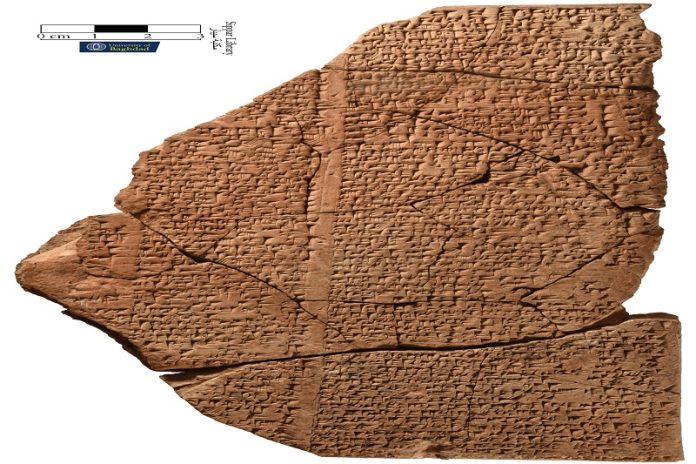
A long-lost hymn praising the ancient city of Babylon has been rediscovered after being forgotten for over a thousand years.
The exciting find was made during a collaboration between Professor Enrique Jiménez of LMU Munich and the University of Baghdad.
The discovery, recently published in the journal Iraq, is being hailed as a major breakthrough in the study of ancient Mesopotamian culture.
Babylon, once the largest city in the world, was a cultural and literary center in what is now Iraq. It was founded around 2000 BCE and became famous for its impressive architecture, advanced knowledge, and rich literature.
Many of its texts were written in cuneiform on clay tablets, which often survive only in fragments.
The rediscovered hymn was found through an ongoing project to study and preserve cuneiform tablets from the Sippar Library—a legendary collection said to have been hidden from a great flood.
Professor Jiménez is leading a global effort to digitize these ancient texts and, with the help of artificial intelligence, piece together fragments from around the world. Using this technology, his team identified 30 separate manuscripts that matched the hymn, allowing them to fully reconstruct the long-missing poem.
The hymn, likely written in the early first millennium BCE, is about 250 lines long and offers a rare, vivid look at life in Babylon. According to Jiménez, the poem not only praises the city’s magnificent buildings and culture but also describes natural scenes, like how the Euphrates River brings life to the fields and meadows. This is especially remarkable because ancient Mesopotamian texts usually don’t focus on nature.
Even more surprising are the details about Babylonian society, particularly the roles of women as priestesses—something not found in other surviving texts. The hymn also speaks of a respectful and harmonious urban community, including how Babylon’s people welcomed foreigners.
The sheer number of copies found suggests that the hymn was widely known and even copied by schoolchildren, which makes it puzzling that it remained unknown to modern scholars until now.
The ancient city of Babylon, located about 85 kilometers south of Baghdad, is a UNESCO World Heritage Site. Thanks to modern technology and the dedication of scholars like Jiménez and his Iraqi colleagues, its voice is once again being heard after a thousand years of silence.
Source: KSR.



